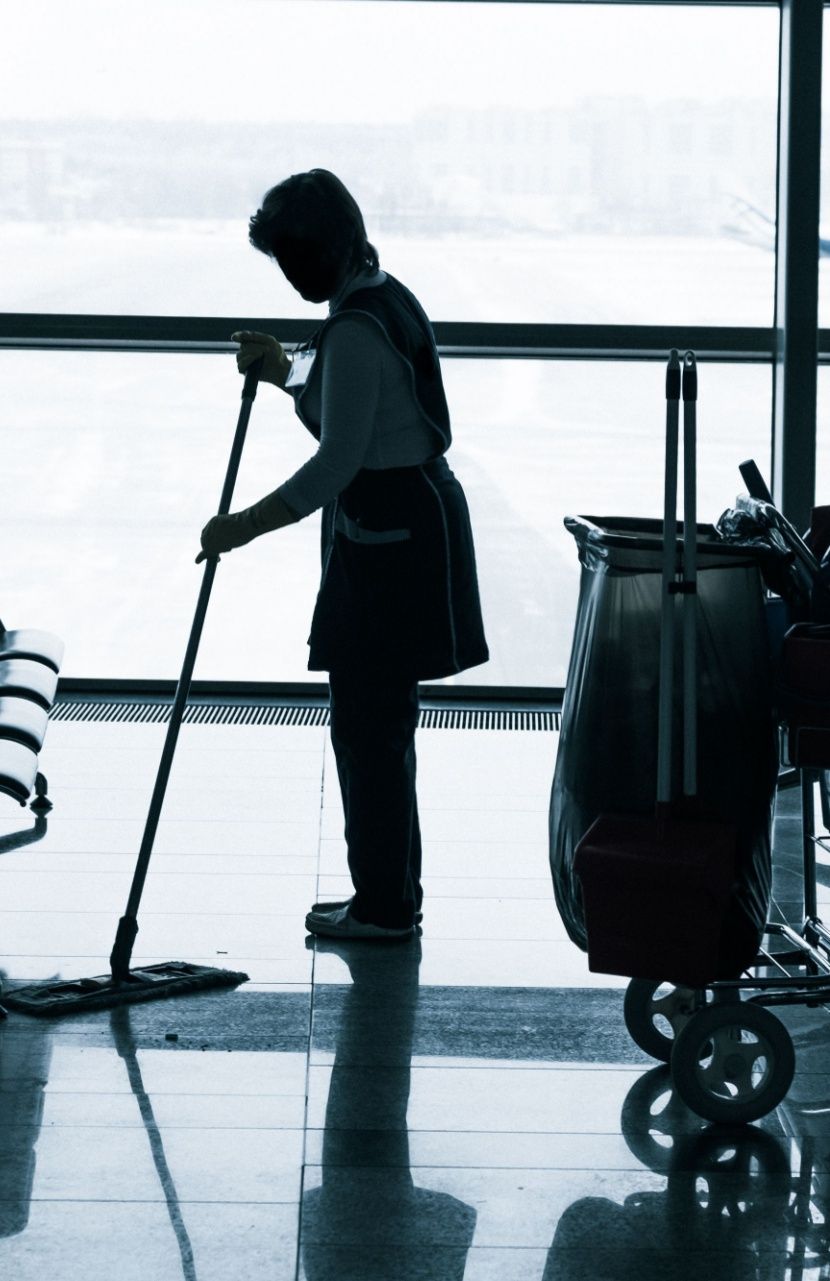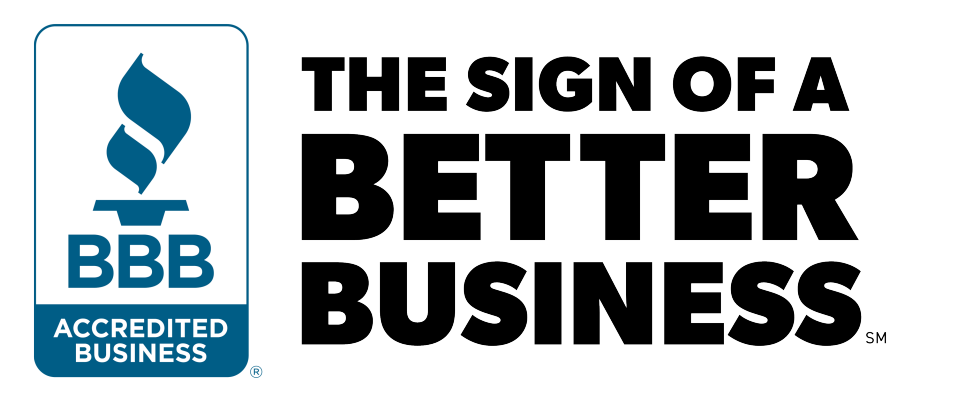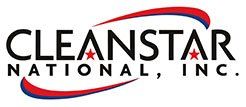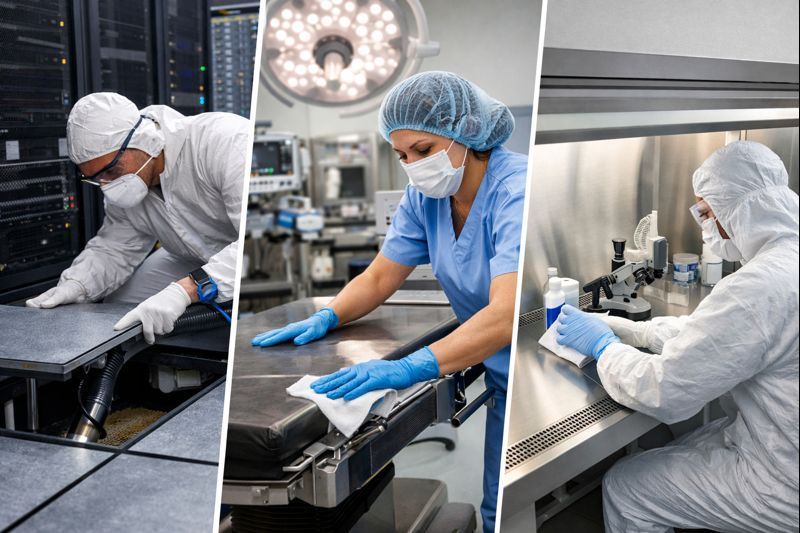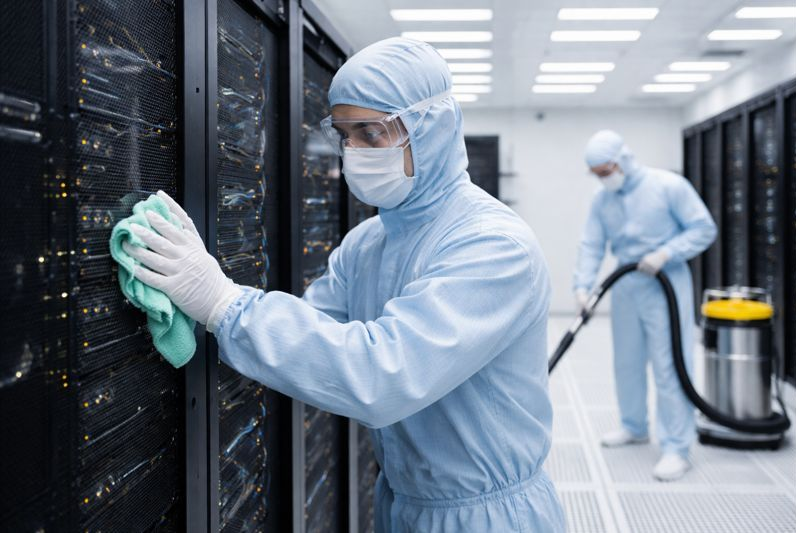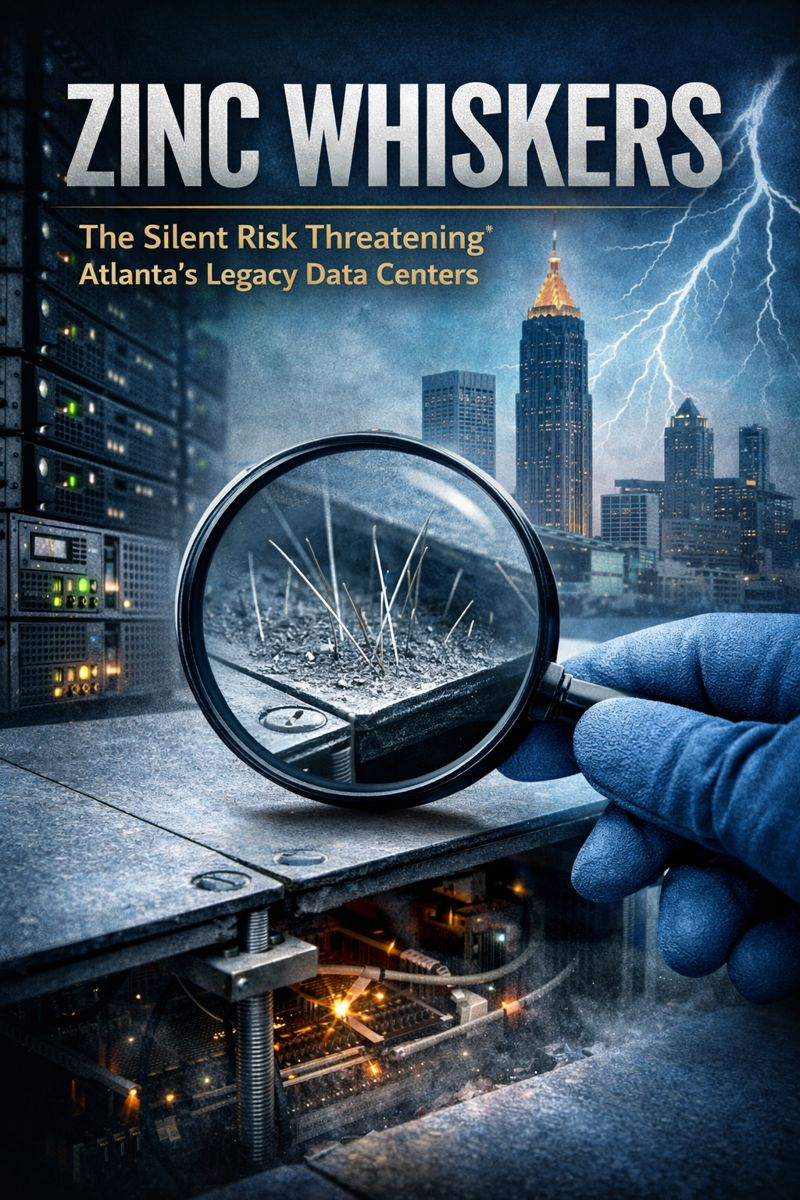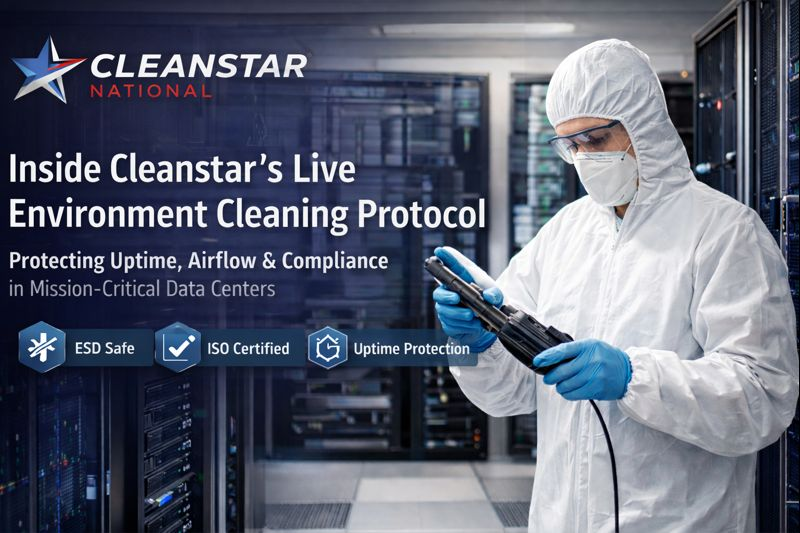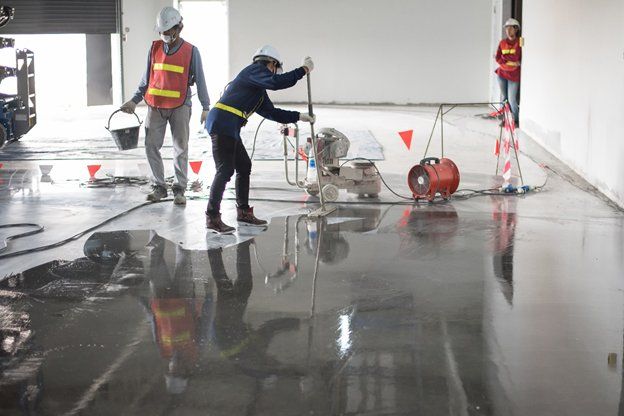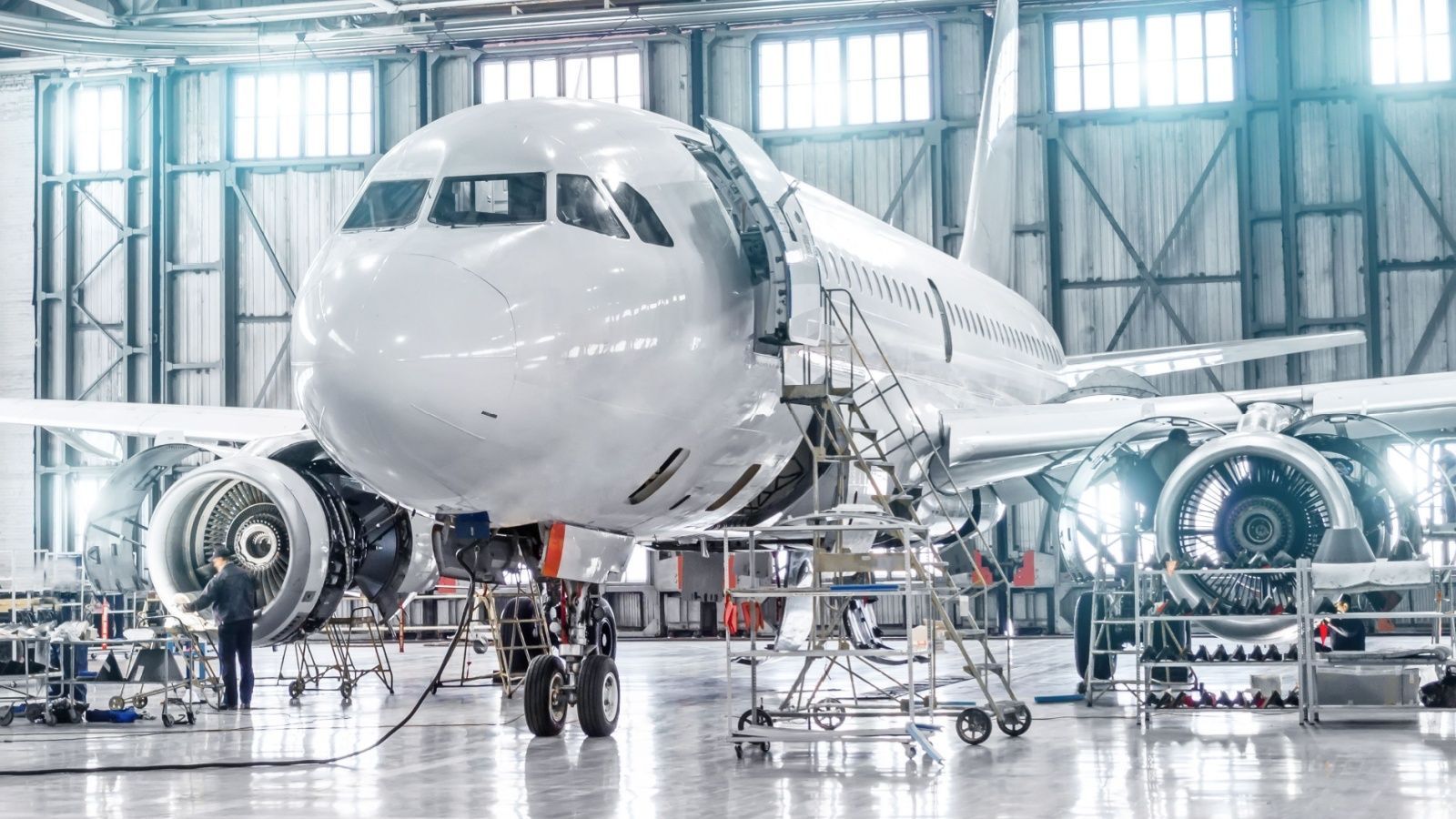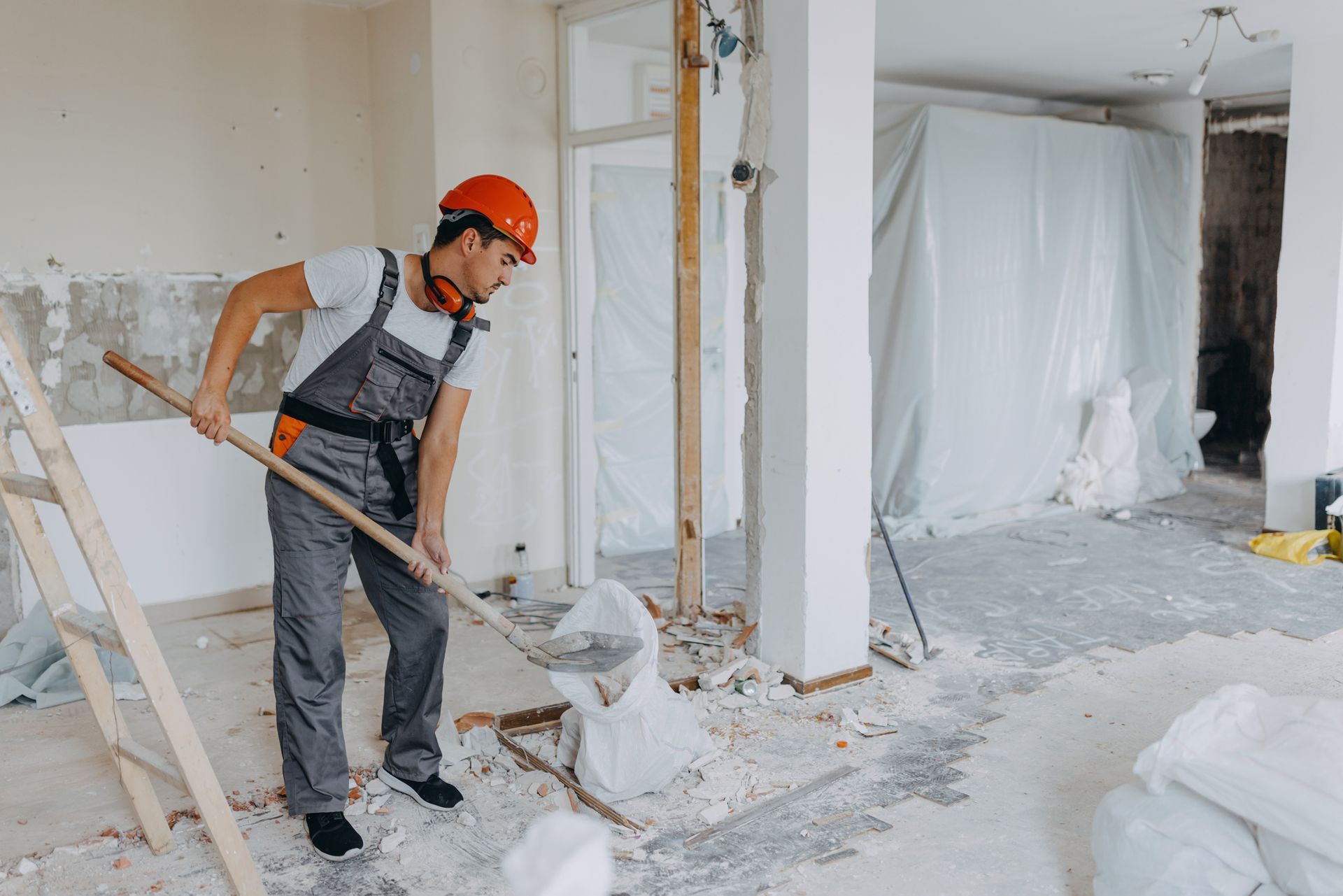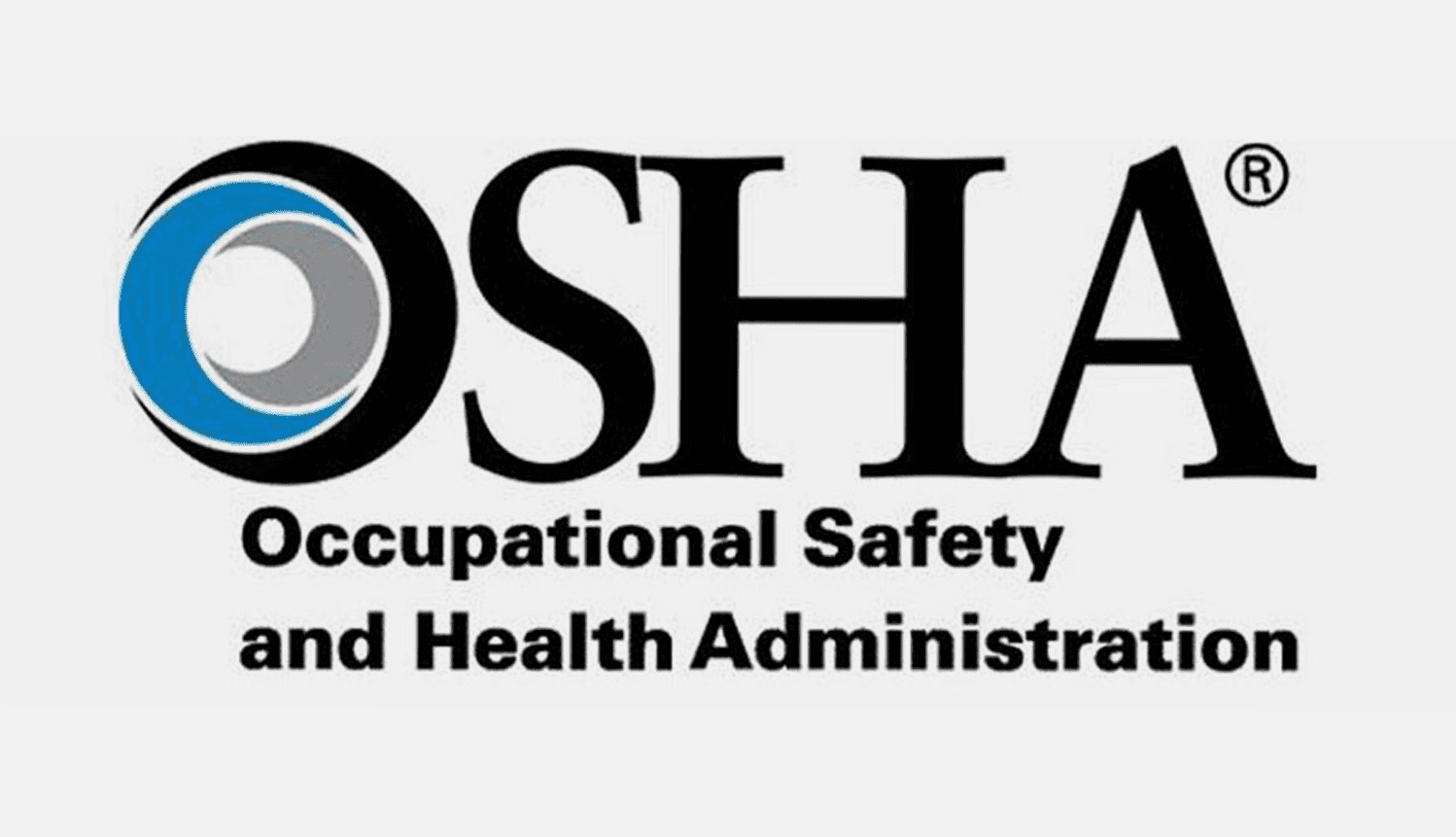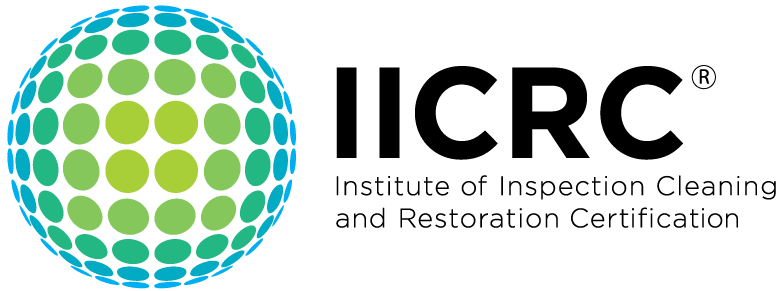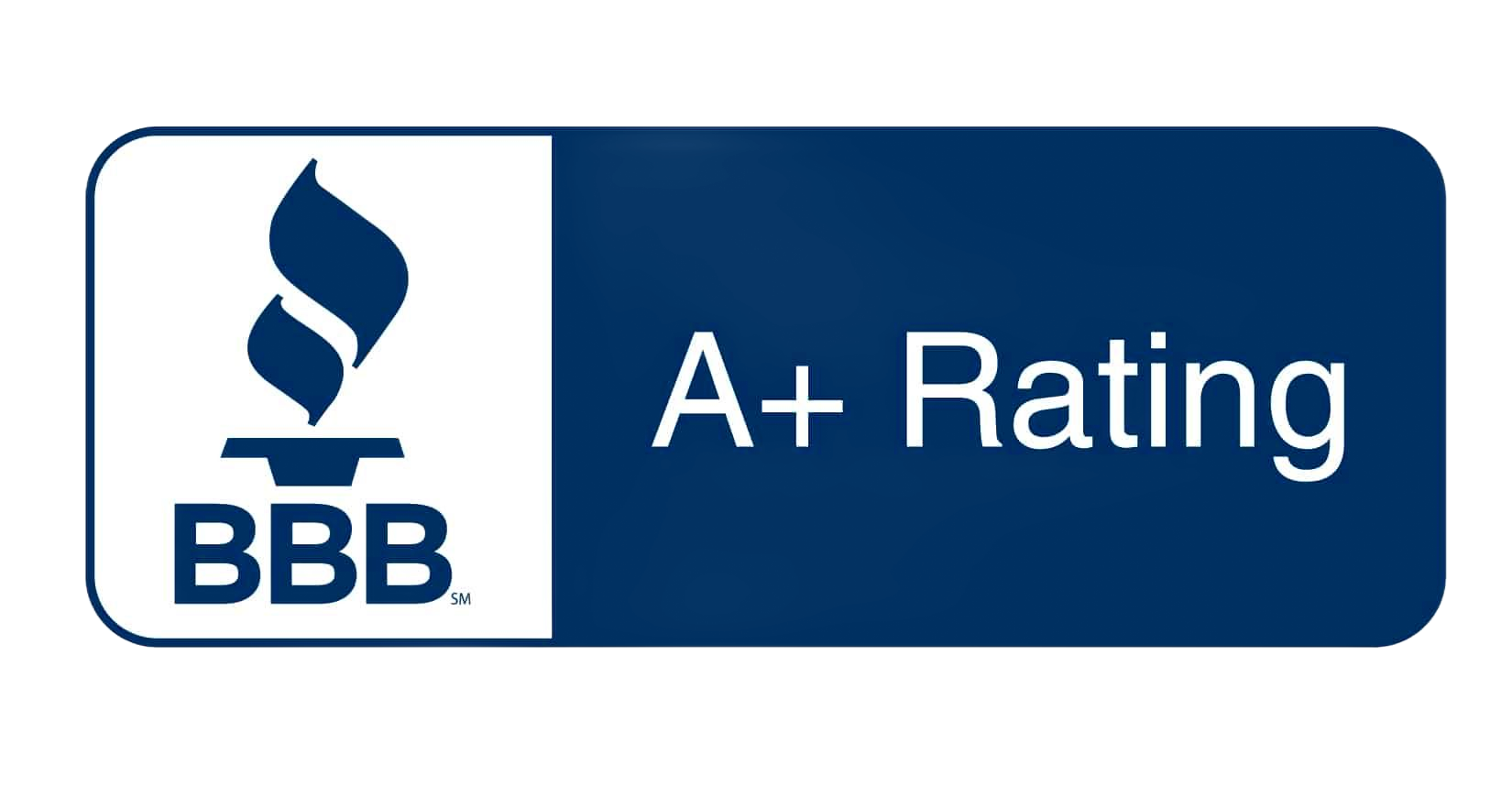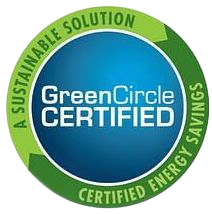6 Hospital Cleaning Tips to Remember
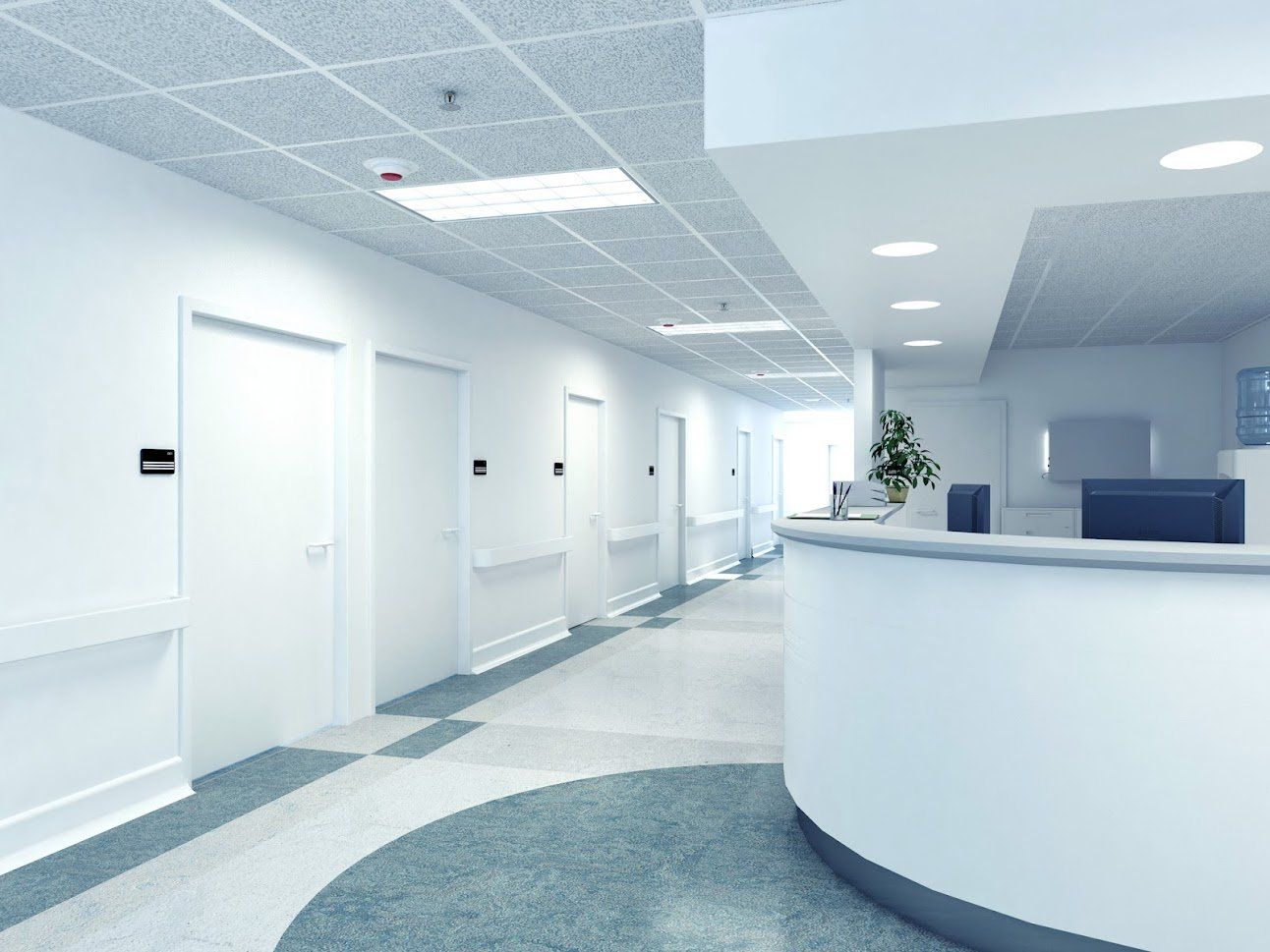
Hospitals harbor a lot of infectious substances, and poor cleaning may have catastrophic consequences on patients' health. Contact with bodily fluids, airborne germs, and contaminated surfaces are all ways through which people may get infections. Following strict guidelines while cleaning can help minimize the risk of infection to promote patients' well-being.
Different hospitals follow different cleaning protocols, but a professional team of hospital cleaners will likely follow the Center for Disease Control and Prevention CDC guidelines for hospital cleaning. Discover six effective cleaning tips that will promote safety in any medical facility.
1. Always Wear Protective Equipment and Take Precaution
Cleaners must be careful not to expose themselves to injury or infection. Therefore, cleaners should wear the appropriate personal protective equipment (PPE) before cleaning. Before touching anything, cleaning staff should wash their hands with liquid soap or alcohol-based sanitizing liquid. They should then wear gloves, face masks, safety glasses, and a disposable apron or paper gown.
Sick staff should stay away from cleaning since they could spread pathogens that may infect patients. Cleaners should lock and seal containers carrying biohazard waste before carrying them to the waste disposal. Additionally, they should change gloves between cleanings and remove used gloves when entering common or residential areas. After cleaning, cleaners should dispose of all used PPE.
2. Apply Strict Disinfection Procedures
Disinfection is essential to eliminate pathogens. After cleaning surfaces, cleaners should use disinfectant to kill any lingering germs and bacteria. When cleaning, the staff should follow the cleaning label instructions in each area to ensure they thoroughly disinfect each room. Wait for the disinfecting agent to work to avoid leaving behind harmful pathogens.
When cleaning, the staff should disinfect any items that fall immediately. However, if the item that has fallen is a blanket or pillow, replace it. Cleaners should also apply the right disinfectant and level of disinfection appropriate for each surface based on the level and type of contamination.
3. Remember Authorized Protocols
When cleaning medical facilities, cleaners should apply the OSHA standard for blood-borne pathogens and the CDC guidelines. The CDC guidelines for cleaning different patient areas depend on the risk of pathogen transmission. This risk is a function of the probability of contamination, patients' vulnerability to infection, and the potential for pathogen exposure. High-risk areas require more thorough and frequent cleaning than medium and low-risk areas.
On the other hand, the OSHA standard for blood-borne pathogens sets rules for hospital workers on precautions to take when working in areas containing infectious bodily fluids.
4. Pay Attention to Details
Hospital cleaning guidelines are often very technical, so cleaners must be careful not to miss anything. For instance, cleaners should first clean shared items and common surfaces before proceeding to items and areas only the patient uses when cleaning a patient's room. Cleaners should also pay attention to what they are cleaning to avoid contaminating any areas.
The staff should clean all surfaces and objects in a hospital room, including HVACs and light fixtures. Cleaning should follow a systematic and methodical manner to avoid missing any areas.
5. Use a Checklist
Even seasoned cleaners may miss a thing or two when cleaning. Therefore, using a checklist can help avoid mistakes. A cleaner's checklist should include each area or surface they should clean and the various cleaning guidelines.
6. Work With Professionals
Medical facility cleaning equipment and supplies are costly and often need regular updates. Avoid extra costs by hiring a hospital cleaning service. The staff in a hospital cleaning company are trained and have the appropriate equipment and supply necessary to clean various areas in a hospital. Thus, they can guarantee effective cleaning.
Hospital cleaning is a sensitive task, so work with a qualified team to ensure the job gets done right. Contact us today for professional hospital cleaning services in Atlanta, GA.
